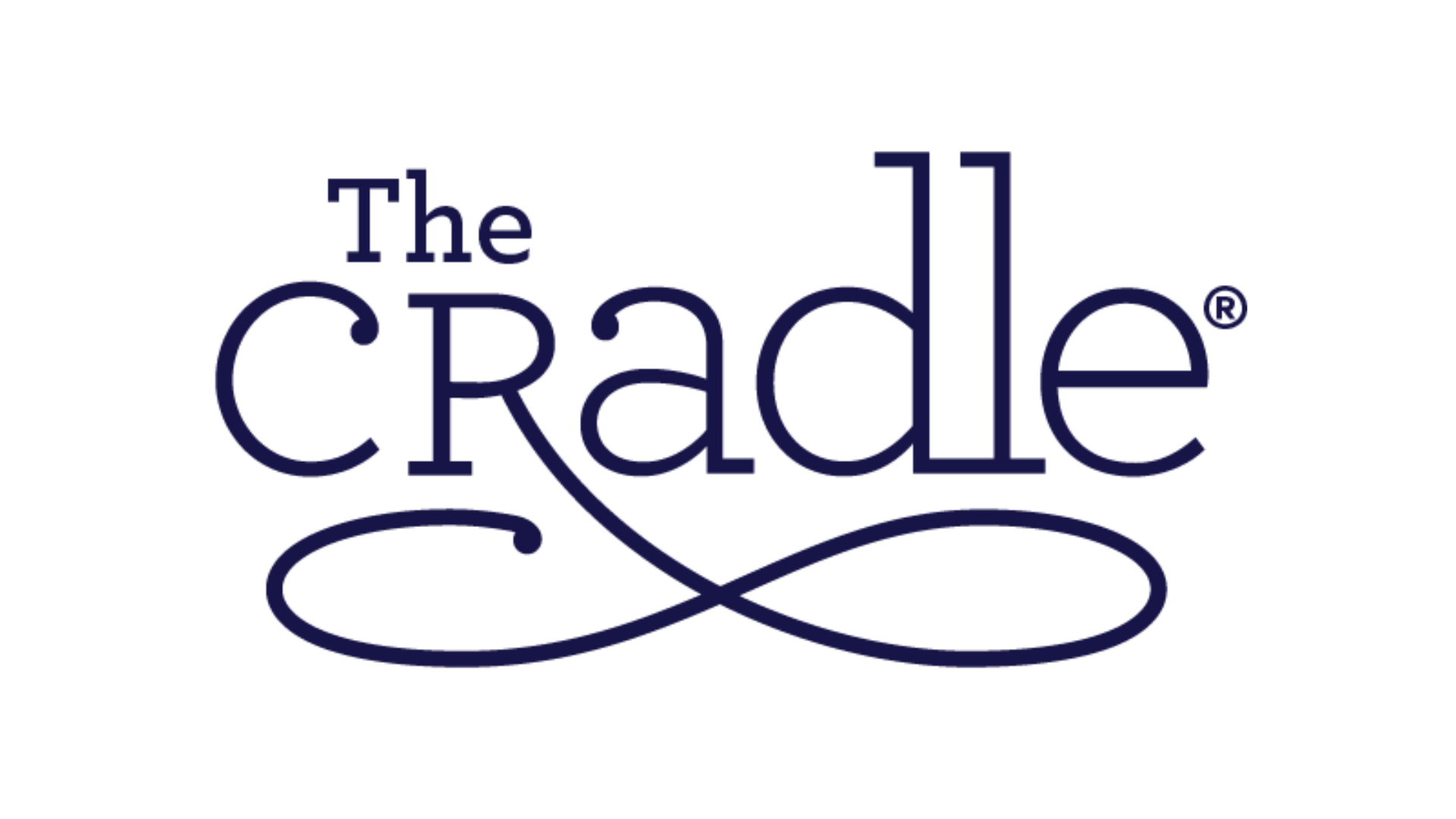Adoption forms a central part of the adopted person’s identity from an early age. Learn about the impact of adoption on childhood development and how you can support your child.
Starting from birth, adoption is a key part of your child’s story and identity — that’s why it’s never too early to discuss their adoption story with them. Being adopted impacts a child’s sense of belonging, self-esteem, safety and security. It is important for parents to listen and be aware of what their children may be experiencing to best support them.
Dori Fujii, Adoptive Parent Counselor and Post-adoption Therapist at The Cradle, discusses age-appropriate ways to share information with adopted children and support positive identity development as they grow older.
How Does Adoption Affect a Child’s Development?
Adoption and identity formation go hand in hand.
“For parents, adoption is typically a joyful event,” Fujii says. “As a society, we tend to minimize the losses in adoption and view adoption from the perspective of the adoptive family. But at some point — typically between the ages of five and seven but sometimes earlier — children start to understand that they lost a family to get a family.”
All children naturally have questions like, “Who am I? Where did I come from? Who loves me?” However, for adopted children, the answers to these questions are more complicated. Sharing your child’s adoption story from an early age assures your child that talking about adoption is okay. This open line of communication creates a solid foundation for answering and navigating these questions as your child gets older and continues to explore their identity and what it means to them to be adopted.
“Because adoption is actually a grown-up concept, parents are basically planting seeds when they talk with their young child about adoption, even before their child is old enough to understand the concept,” Fujii says. “Stories about adoption, whether in the form of story books or Lifebooks, are an ideal way to plant seeds, because storytelling is a significant way that we teach children about so many things.”
How to Support Your Young Child
Starting school opens a whole new world for children. They start seeing many other children and families, and they may compare themselves and their own family to others. Classmates and friends may ask them questions relating to their identity or adoption. Additionally, children may begin to feel different from other children and/or become aware of racial bias.
“Children start to have a little bit more narrative ability at this age and can begin to tell their story,” Fujii says. “So, when they start to say, ‘Once upon a time I had a birth family, but then something happened — that family let me go.’ That ‘letting go’ is the critical issue for that age.”
This is also the age when children may start asking questions like, “Did I do something wrong? What happened that I’m not like everybody else?”
“Not surprisingly this can be a tough time for kids and confusing for parents,” Fujii says. Parents may notice that their child has become more anxious and/or experiences more emotional outbursts.

What Your Child May Be Going Through
- Questioning whether they will have friends or feel like they belong
- Wondering what happened with their birth family and why they were placed for adoption
- Feeling a general loss of control and experiencing abandonment issues
- Questioning whether they did something wrong
- Feeling different due to their peers’ comments or questions
What Should You Say to Your Child During This Stage?
- Acknowledge differences while emphasizing that your child belongs and is loved. Seek out and spend time with other diverse and adoptive families.
- Keep sharing an age-appropriate version of your child’s adoption story. Explain any challenging aspects in age-appropriate terms. Emphasize that your child did nothing wrong.
- Talk to your child about what other kids say to them. Discuss how they feel and come up with helpful responses together.
- Be extra patient and understanding with your child. You may need to offer additional reassurance and give repeated explanations as they learn basic daily activities, transitions and more complex routines.
- Prepare your child to start school by meeting with their teachers before the school year starts. You may also need to educate school staff about adoption-related developmental challenges, adoption-inclusive language to use when talking about families and other ways they can support your child.
Creating a Strong Foundation for Adopted Children to Explore Their Identity
Children who are adopted may fear hurting their parents’ feelings and as a result, hesitate to talk with them about birth parents or adoption. However, when parents acknowledge the impact that adoption has on childhood development, parents will be able to listen for their child’s concerns, not take their feelings personally and respond in ways that encourage open, honest communication. Remember that love, patience and open dialogue will go a long way toward helping your child thrive as they explore their identity in the years to come, even when you are unsure of what to say.
Young adopted adults who Fujii works with often share the positive impact of their parents’ support when they were children — even if it sometimes made them roll their eyes. “I think kids tend to give their parents some grace,” Fujii says. “They appreciate the effort.”
Whether you need help talking to your child about adoption, working through behavioral issues or exploring a relationship with birth parents, The Cradle is here to help. Our parenting resources and adoption-competent therapy services provide the support you and your family need to navigate adoption’s challenges so you can better celebrate its many rewards. Fill out our online inquiry form or call us at 800-272-353 to schedule time to speak with one of our counselors.














